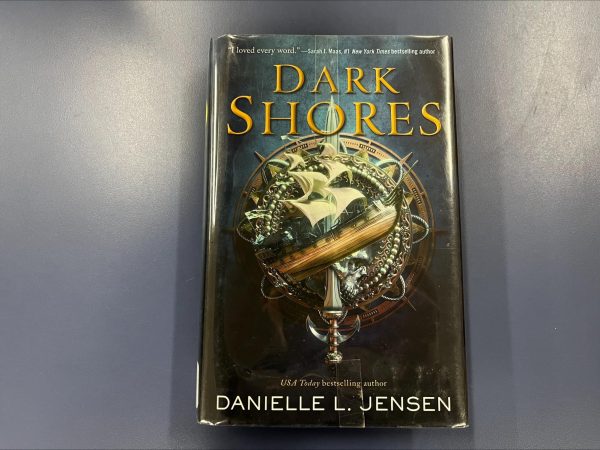Beach Vs. Book
The Yays and Nays on Summer Reading

As the school year comes to an end at GHS, it is a time for excitement, a time for beach plans, and of course…a time for signing up for a summer reading book (Dun dun dunnnnn).
For many kids, summer reading is thought to be quite a pain; it’s the obnoxious thread of academics that stays tied to us during the couple of months meant for breaking free. For others, it’s a gift to be able read a book others are reading, and to then collectively share opinions and viewpoints of the book once school starts back up.
How many of the crabby and rebellious teens of our school actually enjoy reading a book over the summer and attending a discussion, you ask? Let me tell you.
A small survey was conducted to gather a sample of students’ opinions of the summer reading program. Students from each grade provided feedback on the topic, and the results were actually fairly balanced.
About 53% of the students who were surveyed said they didn’t mind being required to read a book over the summer, and 51% said they read their summer reading books last year.
Based on this sample, roughly half of the students of GHS are OK with being required to read, and most did read last summer. But what about those who didn’t read? Let’s take a look at the responses for why they chose not to read. A handful of reasons were most popular…
“I didn’t have the time.” is what most of these students claimed. Many kids also said they didn’t want to be forced to read, and that summer should be a break from anything “school related.” But what stood out the most was the astonishing number of kids who said the selection of books didn’t appeal to them, or that they preferred to read something off-list. I, myself, did not read a summer reading book last year for this same reason.
Some kids just want to read a book of their choice entirely, and not be forced to choose from a list. If this was the outlook of every student, there wouldn’t be any book discussions which alone is a significant aspect of the summer reading program. But these students’ opinions matter too. What can we do about this?
Based on our small sample of students who did read their books last year and attended the discussion, 48% enjoyed the discussion. The remaining 52% didn’t enjoy it. So, if the book discussions were taken out of the curriculum entirely, roughly half of the students might be missing it.
Let’s say that students were instead given an option to either A: read a book from the list and then go to a discussion, or B: read a book of their own choice and then be required to write an essay on it. I do believe that, based on the data taken from the surveys, many kids would still prefer to read a book that others are reading and discuss it as a group, while many would choose to read their own book of choice and write an essay. This could open up more freedom to the kids while still meeting the requirement to read a book over the summer. Is this a realistic idea? Some might say not… but I would certainly prefer to read a book of my own choice while lounging on the beach this summer.

Abby is 17 years old and along with sleep, writing is something she absolutely couldn't live without. Abby is a total music hound; she loves pretty much...







